Cigarette smoking is the leading cause of preventable death in the U.S. Smoking has been identified as a contributing factor to numerous and very serious health problems, including several cancers, heart disease, and respiratory illnesses.
Considering all the risks, many people decide to give up the unhealthy habit. In 2018, 61.7% of adults with a history of smoking, or 55 million people, reported they had quit the unhealthy habit, according to the Centers for Disease Control and Prevention.
To identify exactly what happens to the body when a person stops smoking, 24/7 Tempo reviewed several studies on the effects of smoking and also consulted Dr. Adam Goldstein, who conducts research on health policy and disparities in tobacco use and cessation.
“What makes cigarettes so addictive is the nicotine in the tobacco,” said Goldstein, director of Tobacco Intervention Programs at the University of North Carolina School of Medicine. “Nicotine is the hardest addiction to quit.” It enters the nervous system within seconds, attaching itself to receptors in the brain that release dopamine, which is commonly known as “the feel good hormone,” Goldstein explained. And when you try to quit, “You don’t even have to see someone else smoke, just thinking about it causes withdrawal symptoms.”
Quitting smoking can only help improve a person’s health and is always recommended. The only negative aspect of smoking cessation — which is certainly not a reason to keep smoking — is possible weight gain, especially among people who are already overweight. Nicotine decreases appetite and increases metabolism. “On average, a person gains about 4 pounds,” Goldstein said of people who stop smoking. “Obese people need a strategy to help manage their weight while they go through withdrawal.”
Some smokers may mistakenly think that e-cigarettes can help, but they are not the way to quit, Goldstein explained. “People don’t actually quit.” Most smokers who start using e-cigarettes still smoke tobacco cigarettes, even though they may have cut down, he noted. “Electronic cigarettes are not FDA regulated, people still get some toxicity and very high levels of nicotine. We won’t know the real effects [of e-cigarettes] until 20 years from now; there are safer meds to quit,” he added.
No organ is spared from the toxins in cigarettes. Not all are equally affected, but the toxins are rapidly distributed throughout the body and reach all tissues — this is exactly what happens once you start smoking.

1. Heart rate and blood pressure return to normal
Some effects are more immediate than others. Elevated heart rate and blood pressure decrease within an hour after one’s last cigarette, Goldstein said. The risk of a heart attack lowers within a few months, but it takes a few years for it to be the same as for a person who has never smoked, he noted.

2. Carbon monoxide is replaced with oxygen
The poisonous gas carbon monoxide, which is also produced in car exhaust, is absorbed into the blood through the lining of the lungs. CO binds with hemoglobin in the red blood cells, keeping them from carrying oxygen. This no longer happens when you stop smoking. Normal oxygen levels are restored within eight hours.
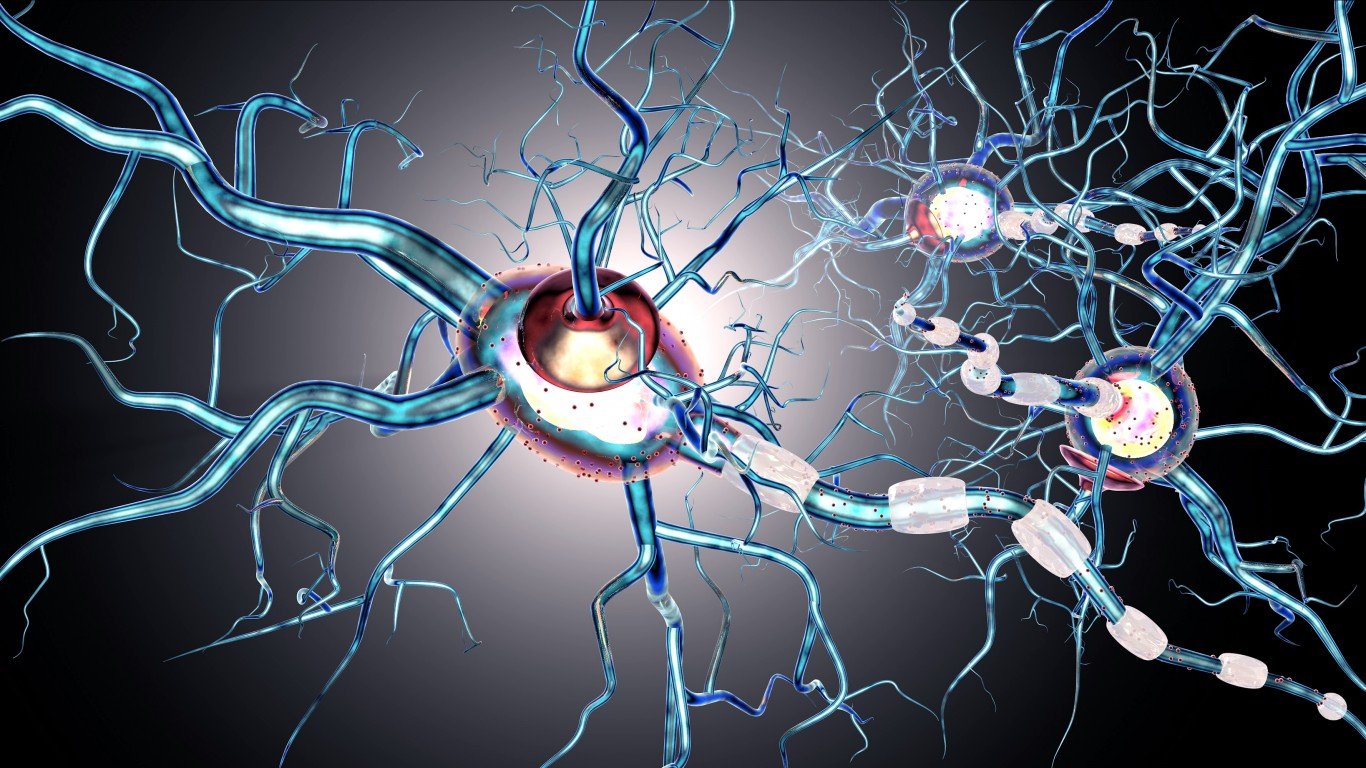
3. Nerves start to heal
The lower oxygen levels in your blood as a result of smoking may have led to nerve damage. These impaired nerve endings start to grow again. And your taste buds are no longer numb, Goldstein noted.

4. Lungs clear out the extra mucus
“Pulmonary function improves within a week and it rapidly gets better,” Goldstein said. In a recent study, quitters showed a significant nasal clearance improvement just one month
after the last cigarette. Smoking cessation improves respiratory symptoms, increases lung capacity, and prevents the fast decline in lung function seen in all smokers.
However, the lungs of a former smoker are never going to be the same as those of a person who has never smoked, Goldstein noted. What dramatically improves is the outcome of the treatment for lung cancer, he noted. “Drugs interact with the smoke, which makes them less effective,” Goldstein said. “A person who quits smoking has a much better chance of a successful chemo and surgery, and is less likely to develop a second cancer,” he added.
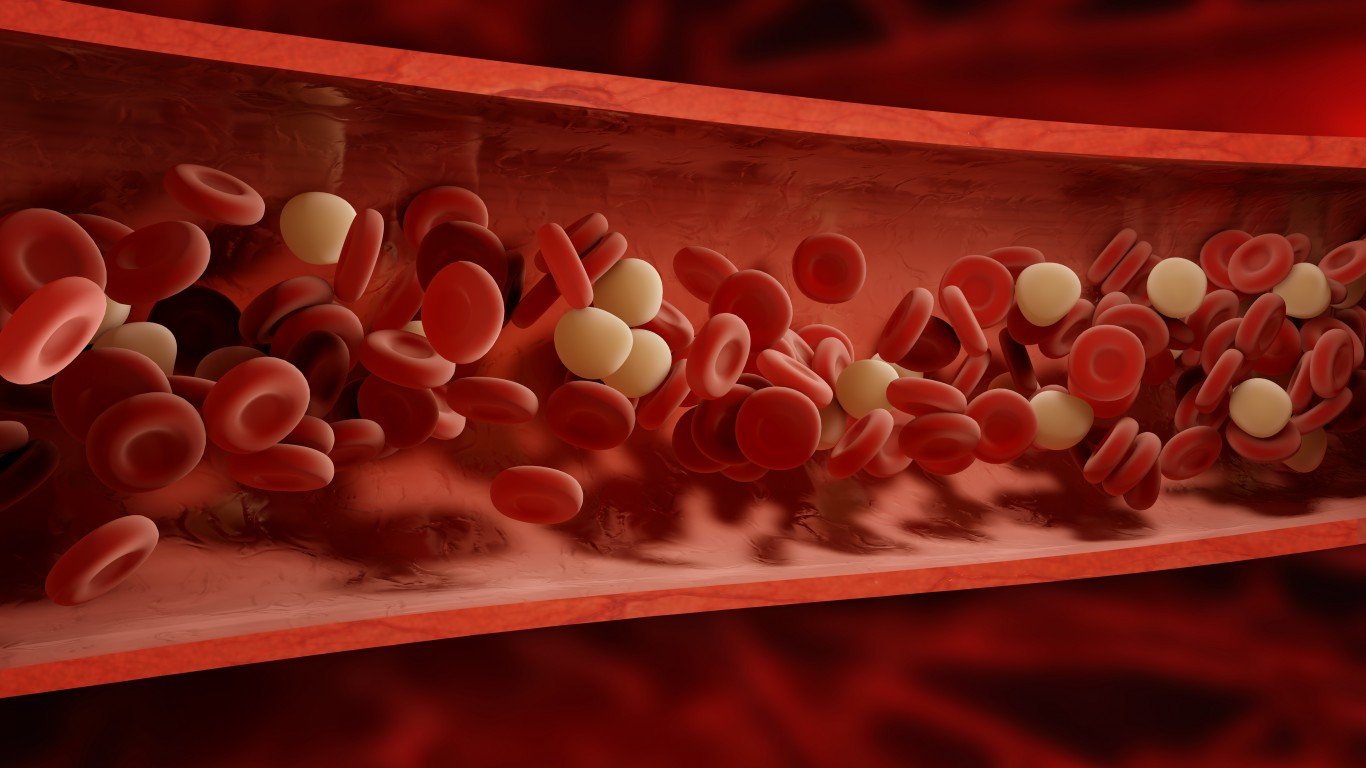
5. Blood circulation improves
The risk of blood clots and heart attack goes down within about three months, Goldstein said. “The stress on blood vessels takes longer to be removed.” The blood is less sticky and also thinner, improving circulation to all parts of the body significantly. Veins and arteries are not constricted anymore. It takes about 10 years for blood vessels to completely regain their flexibility, research shows.

6. Walking is easier
You’re going to experience fewer bouts of shortness of breath within two weeks, making walking and other aerobic activities much easier. A study found that smokers had an earlier onset of cramping pain in the leg, usually caused by obstruction of the arteries, during walking than non-smokers.

7. Night vision improves
Quitting the bad habit will reduce the risk of developing cataracts in the long term, but will improve your night vision almost immediately. Nicotine restricts the production of a hormone your eyes need so they can see at night.
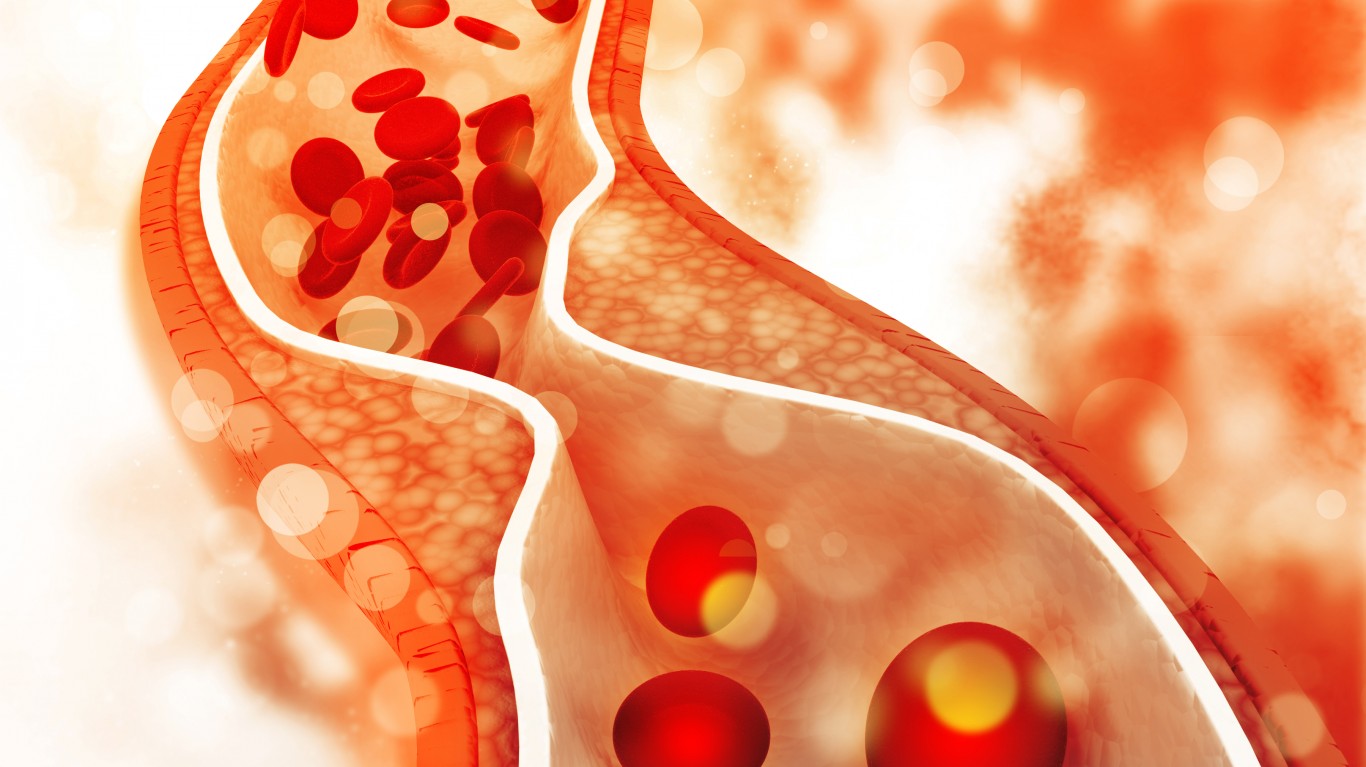
8. Cholesterol levels drop
There is evidence that ex-smokers have higher HDL (“good” cholesterol) concentrations than current smokers. The positive change happens in less than three weeks, with no clear pattern of change after that.
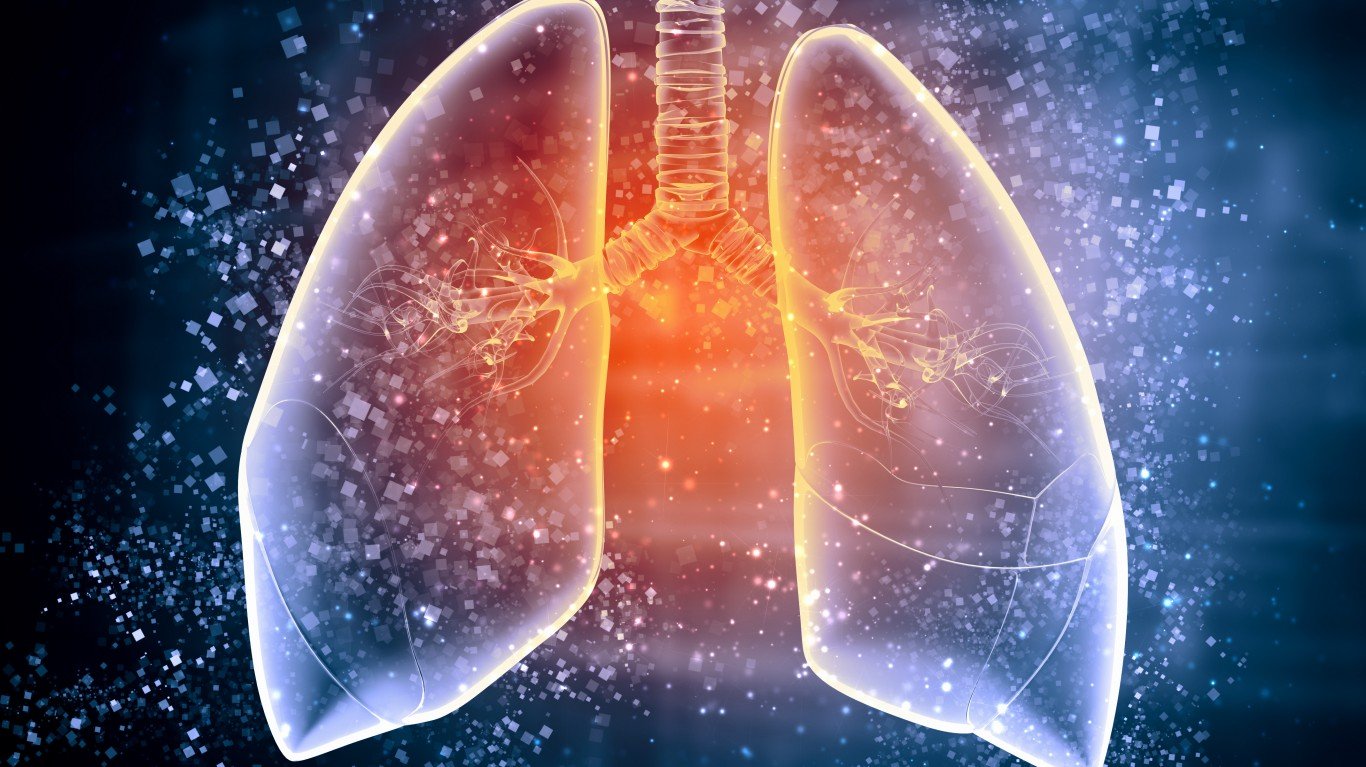
9. Cilia start to regrow
Cilia, which are tiny hairs in the lungs that are responsible for clearing out toxins, start regrowing after about nine months of no smoking. This increases the lungs’ capacity to handle mucus, leading to less coughing and shortness of breath.
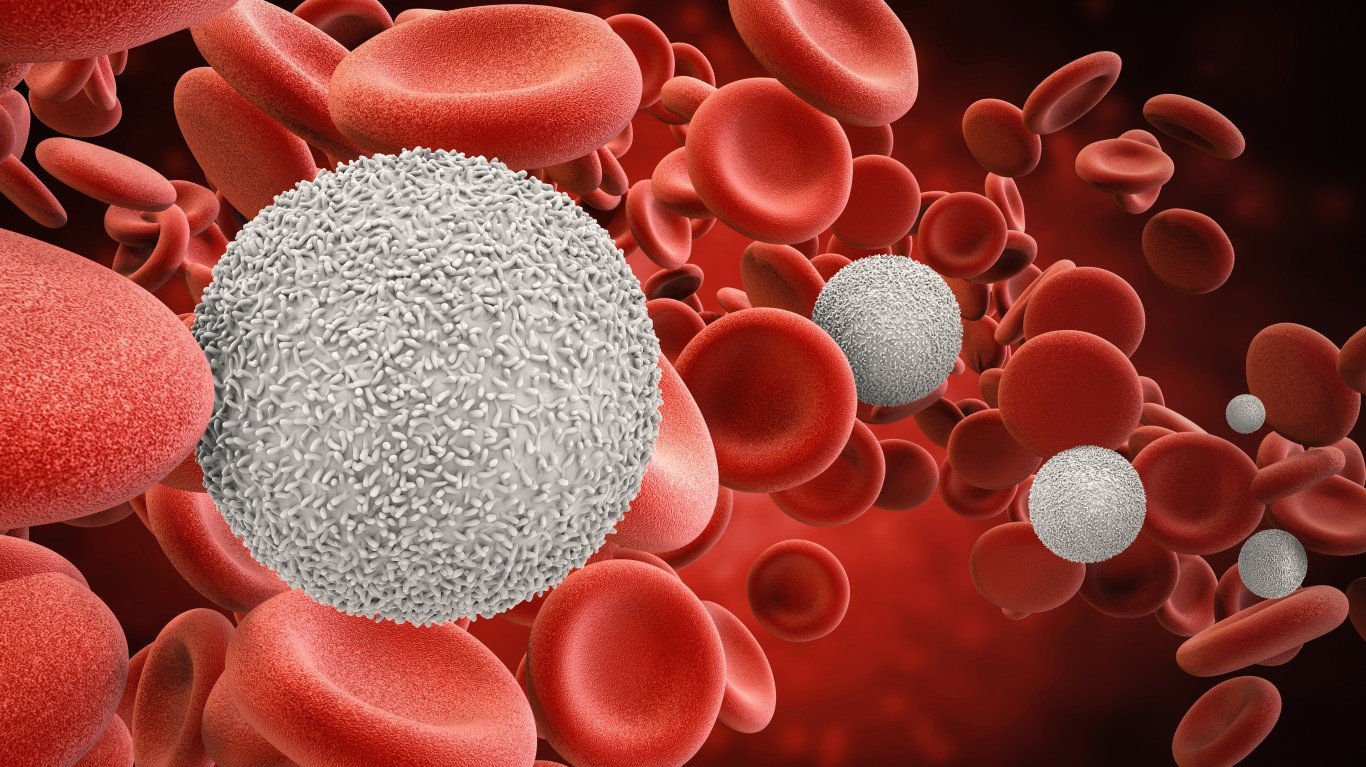
10. White blood cell counts go back to normal
Smoking cessation has been shown to lead to a quick and sustained decrease in white blood cells. Changes typically happen in the first six months after a person has stopped smoking. (A high level of WBC indicates the immune system is working hard, trying to fight inflammation caused by the toxins in cigarette smoke.)

11. Insulin resistance normalizes
Cigarette smoking is associated with insulin resistance, due to nicotine. A study examining people who quit smoking suggests they are at increased risk of type 2 diabetes in the first two years after quitting partially because of weight gain. The risk declines until at 12 years it’s no different than for people who never smoked.

12. Inflammation falls
Nicotine activates white blood cells called neutrophils — the kind that protect against infections — and they release molecules that lead to increased inflammation. Research has found that inflammation has a dose-dependent to both smoking and smoking cessation, meaning the more you smoke the higher the inflammatory markers and vice versa.

13. Cravings begin
The brain develops more nicotine receptors to receive the large doses of nicotine it gets from smoking. This larger receptor pool, without the nicotine flow, is the reason why people have cravings and other discomforts during withdrawal.

14. Acetylcholine receptors decrease
Acetylcholine receptors, which are found on the surface of muscle cells, are nicotine-binding and take between six and 12 weeks to normalize. As the number of acetylcholine receptors decreases, the cravings the body experiences during withdrawal taper down.

15. Body temperature normalizes
Tobacco smoke has been found to lower the body’s temperature due to a decrease in peripheral blood flow, but within 20 minutes of your last cigarette, your hands and feet return to a normal temperature.

16. Vitamin C levels are up
A study of about 12,000 people found that those who smoked 20 or more cigarettes a day had the lowest vitamin C dietary intake compared with respondents who never smoked. The risk of severe vitamin C deficiency is increased in smokers but improves soon after quitting.
